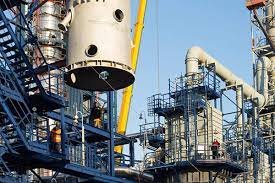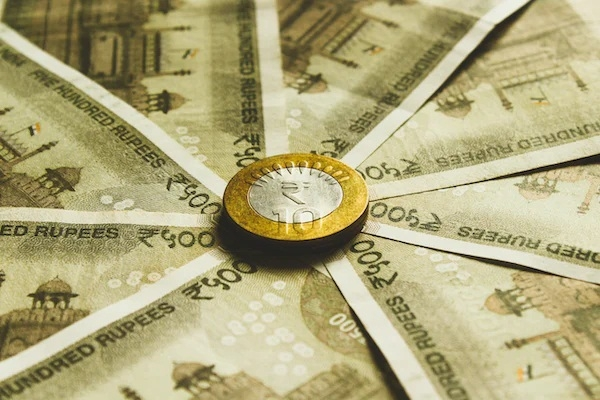The inclusion of petroleum products under the Goods and Services Tax (GST) in India is unlikely to happen in the near future, according to two senior government officials who spoke to Mint. This decision is primarily driven by concerns that such a move could significantly increase state fiscal deficits and lead to substantial revenue losses for both state and central governments.
Currently, the total taxation on petrol and diesel includes state-levied value-added tax (VAT) and the central government’s excise duty, which collectively accounts for approximately 35% to 50% of the final price. The specific percentages vary for petrol and diesel, with petrol being taxed at a higher rate, typically ranging from 45% to 50%, while diesel is taxed at around 35% to 40%.
Even if petroleum products were subjected to the peak GST rate of 28%, there would still be substantial revenue shortfalls for both state and central governments. This would mean that the government would receive less tax revenue, even though the tax regime has changed. Achieving a “revenue-neutral” rate, where the government’s tax revenue remains the same before and after the inclusion of petroleum products in the GST, would require a significantly higher GST rate of approximately 56% to 60%.
One of the officials noted, “If petroleum products like petrol and diesel are put under the ambit of GST, consumers may have limited benefit. But, it will end up ballooning the state government’s fiscal deficit.”
The decision not to include petroleum products under the GST regime has implications for various sectors, including the petrochemical industry, which uses petroleum products as industrial inputs. Inclusion under GST would make these industries eligible for input tax credits.
Industry representatives have advocated for including petroleum products under GST, citing potential benefits such as reduced inflation and lower costs for consumers. Earlier discussions had explored the possibility of applying the peak GST rate of 28% in addition to local sales tax or VAT on petrol and diesel, but this proposal did not materialize.
The reluctance to include petroleum products in GST is primarily attributed to the significant revenue implications for state governments. State finances heavily depend on revenue generated from the taxation of petroleum products. The high tax rates on these products have been a crucial source of income for states.
As of September 1, 2023, petrol prices in New Delhi stood at ₹96.72 per litre, including an excise duty of ₹19.90 and a VAT of ₹15.71. Similarly, diesel prices were ₹89.62 per litre, comprising an excise duty of ₹15.80 and a VAT of ₹13.11. The central government had reduced excise duties on both petrol and diesel on May 21, 2022, but prices have remained unchanged since then.
The decision not to include petroleum products in the GST regime in India is primarily driven by concerns over revenue losses for state and central governments, as well as the potential impact on state fiscal deficits. While there are industry and consumer benefits associated with such a move, the financial implications for the government remain a significant barrier to implementation.














